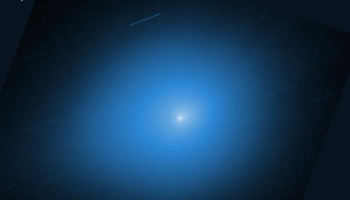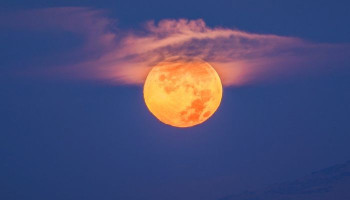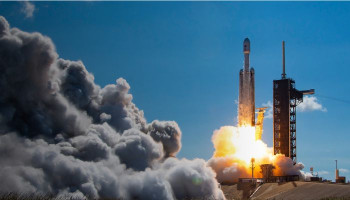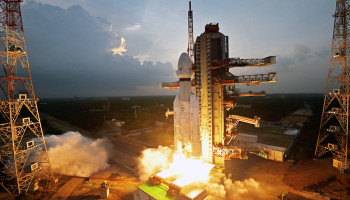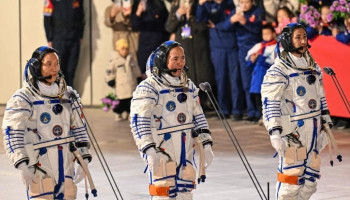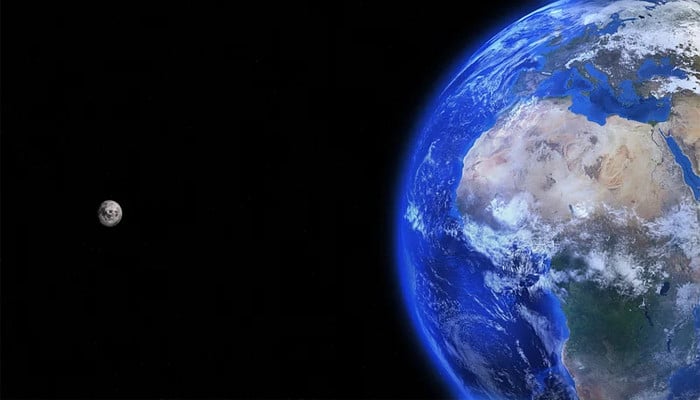
For over 4.5 billion years, the moon has been Earth's steadfast companion, but what if it suddenly vanished? Experts say it's unlikely, but let's imagine what might occur if it did!
According to Noah Petro from NASA, only a colossal impact or a rogue planet could make the moon disappear. While the chances are slim, the consequences would be profound. Petro said: "I think the only plausible astronomical event that could untether the moon would be a large impact to the moon that breaks it up. … Similar to the large impact that is thought to have led to the formation of the moon, a large enough object could, in theory, break the moon apart."
Read more: China's Tiangong space station suffers damage from debris strike
First off, without the moon, Earth's tides would change drastically. Coastal ecosystems and marine life would suffer, impacting billions of people who rely on the ocean for food.
Moreover, tidal erosion would decrease, affecting how coastlines are shaped and altering the distribution of heat and energy across the planet. This could lead to extreme climate changes, making our world unrecognizable. Furthermore, Earth's axis wobble would become erratic without the moon's stabilizing influence. This could disrupt seasons, making Earth less habitable for many species, including humans.
But it's not just about physical changes. The moon plays a significant role in culture and exploration. Its disappearance would impact religious celebrations, scientific research, and even space exploration. For instance, the moon provides a stepping stone for future space missions and contains valuable resources like water, which could sustain astronauts on long journeys.
In essence, the disappearance of the moon would have catastrophic effects on Earth, from altering ecosystems to disrupting human culture and exploration. While the likelihood of this event is low, it's a reminder of the moon's vital role in our lives and the importance of preserving our natural wonders.





